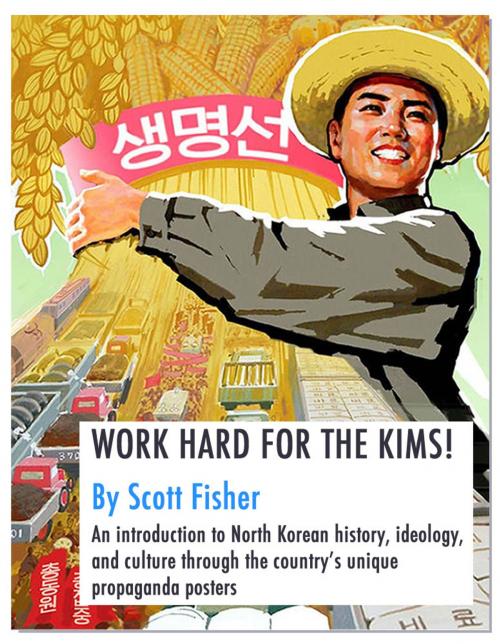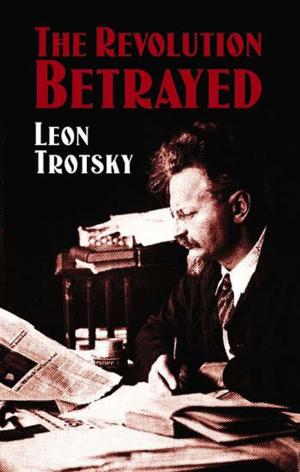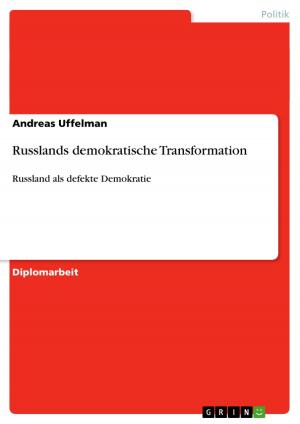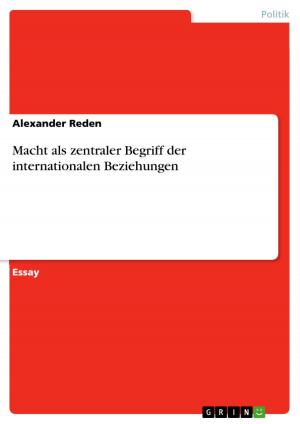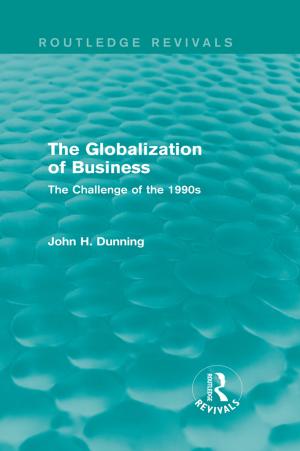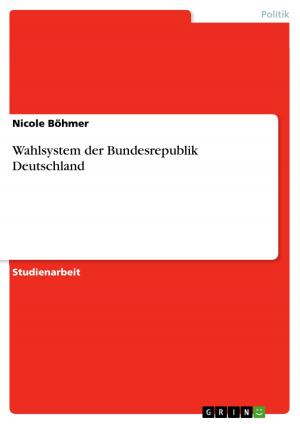WORK HARD FOR THE KIMS!
An introduction to North Korean history, ideology, and culture through the country's propaganda posters
Nonfiction, History, Asian, Korea, Social & Cultural Studies, Political Science, Government, Local Government, International| Author: | Scott Fisher | ISBN: | 9781467594059 |
| Publisher: | Scott Fisher | Publication: | January 22, 2014 |
| Imprint: | Language: | English |
| Author: | Scott Fisher |
| ISBN: | 9781467594059 |
| Publisher: | Scott Fisher |
| Publication: | January 22, 2014 |
| Imprint: | |
| Language: | English |
The goal of this brief book is to use North Korea’s unique, occasionally beautiful, often threatening propaganda posters to introduce and highlight the country’s history, ideology, and culture. This is not an art critique or an examination of color and painting - the goal is to provoke thought and conversation about one of the world’s most well-known but least understood countries.
As the book unfolds, we’ll see that Pyongyang’s near total control of its domestic information environment is built around four main propaganda themes: the Kim family leadership, the bounty and joy offered by life in the North, unification with the South, and a combination of anti-Americanism with military-focused ethno-nationalism. These four themes reveal what is most important to the North’s rulers, while the censorship of outside narratives competing against Pyongyang’ official worldview reveals a vulnerability for outside policymakers anxious to find a new tool for affecting change in the North.
The goal of this brief book is to use North Korea’s unique, occasionally beautiful, often threatening propaganda posters to introduce and highlight the country’s history, ideology, and culture. This is not an art critique or an examination of color and painting - the goal is to provoke thought and conversation about one of the world’s most well-known but least understood countries.
As the book unfolds, we’ll see that Pyongyang’s near total control of its domestic information environment is built around four main propaganda themes: the Kim family leadership, the bounty and joy offered by life in the North, unification with the South, and a combination of anti-Americanism with military-focused ethno-nationalism. These four themes reveal what is most important to the North’s rulers, while the censorship of outside narratives competing against Pyongyang’ official worldview reveals a vulnerability for outside policymakers anxious to find a new tool for affecting change in the North.
